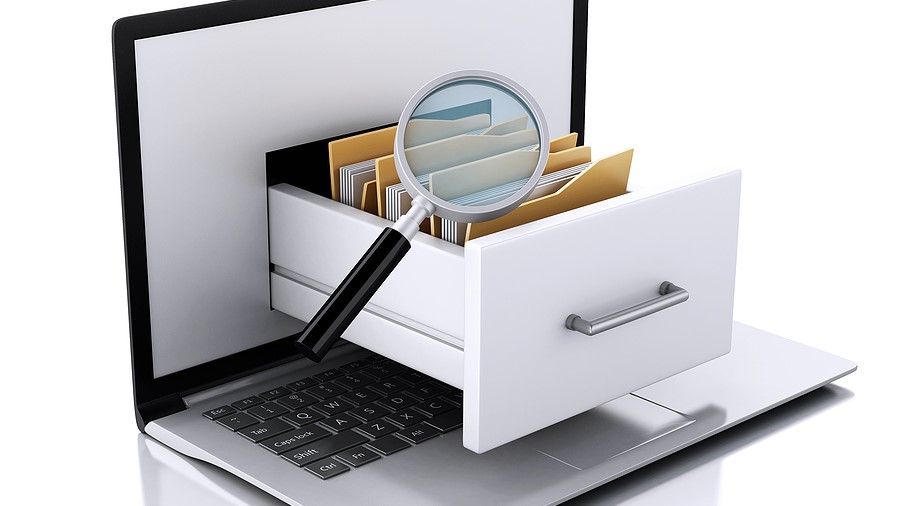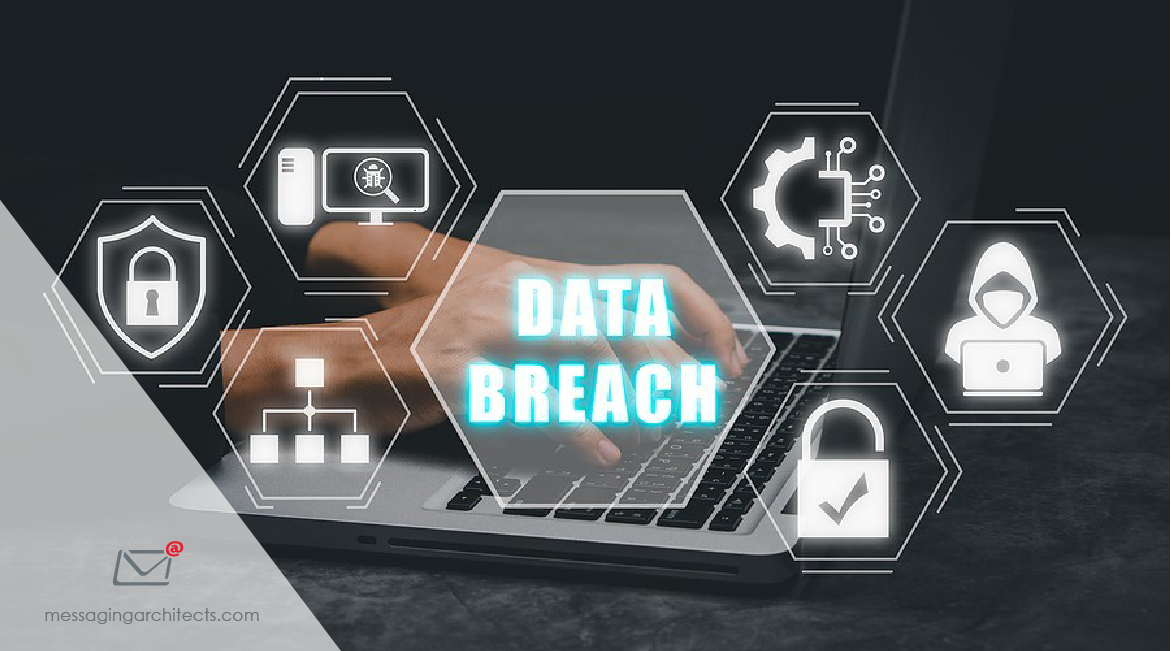Best Practices for Data Archival Planning and Implementation
Storing large volumes of data in primary storage opens the door to a host of problems, from high costs to decreased system performance and security vulnerabilities. The solution lies in data archives. However, companies need to approach data archival planning and implementation carefully. In short, data archival involves transferring inactive data to a separate storage system for long-term retention. This process offers several key benefits. For instance, it supports regulatory compliance by ensuring proper data retention. It also reduces the burden of excessive data, helping critical applications and processes run more smoothly. To achieve best results, however, the archival process


















